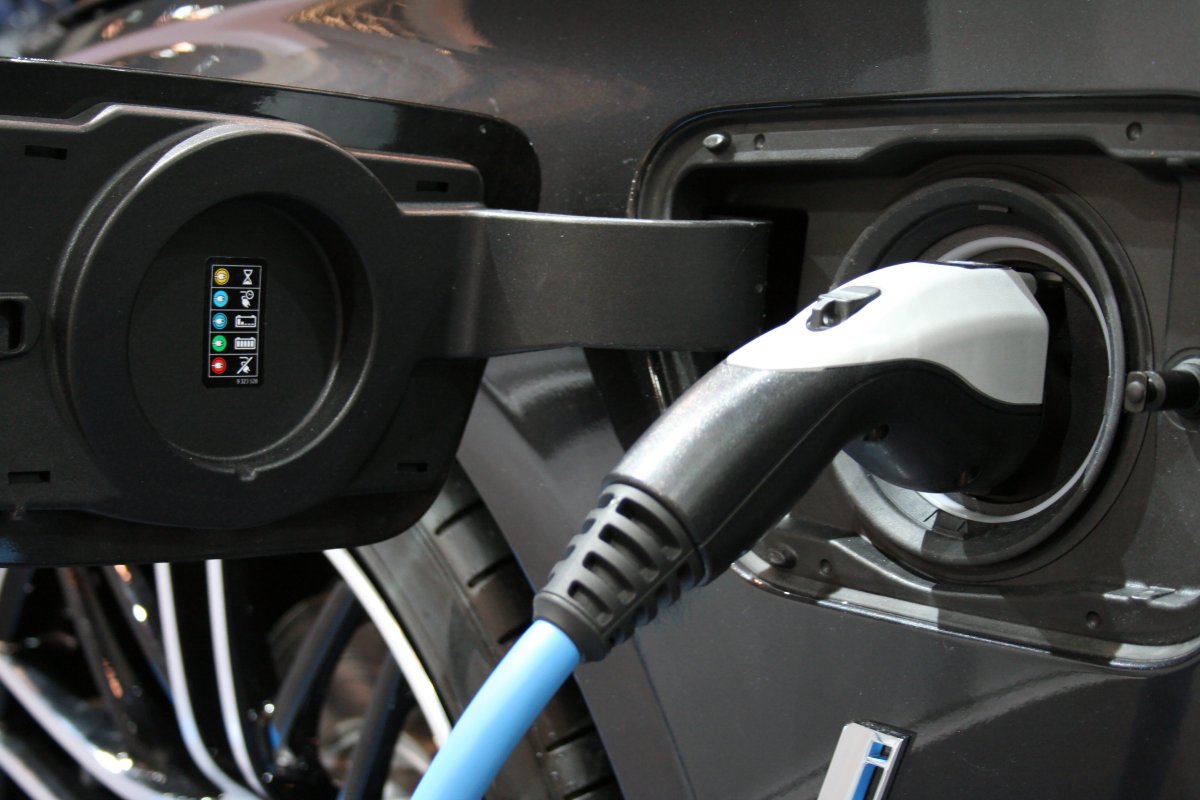Governments and environmentalists continue to promote the benefits of electric vehicles, but the high cost of most models has drivers feeling priced out.

A new petition is aiming to ease the burden, calling on the BC NDP to lift the luxury car tax off electric cars and zero emission vehicles, including higher-end models like Teslas.
Gerry Gaydos, a long-time electric vehicle advocate based in Victoria, created the petition to show the province it’s not providing enough incentives to buyers who want to make a climate-conscious change.
“The luxury tax, frankly, is an insult” to electric vehicle (EV) owners, he said. “EVs are a significant part of getting ourselves off of fossil fuels, and first-timers need to be motivated. This does the opposite.”
According to ICBC, a luxury tax surcharge on top of the seven per cent PST tax is applied to any car valued at more than $55,000.
The tax is broken into various tiers, with one per cent added to cars valued up to $56,000, and a three per cent tax added to vehicles priced from $57,000 to $124,999. It’s past that last figure where the tax really starts to make a mark.
The NDP’s recently-unveiled budget calls for an increase to the luxury tax on cars valued between $125,000 and $149,999, going from three per cent to eight per cent, starting April 1.

Get breaking National news
Combined with the PST and the five per cent GST, that’s a 20 per cent total tax per car car in that price range.
The problem, Gaydos said, is that the majority of long range electric vehicles being made by Tesla and other companies fall within that range, and they’re highly in demand, especially to long-distance travelers with climate change in mind.
Although he admitted that’s a lot to shell out for a car, even one that’s beneficial to the environment, he insisted this isn’t a case of rich car collectors crying foul.
“People mortgage these cars, they take out loans to buy these cars,” Gaydos said. “They’re not people with a bunch of extra cash lying around. They’re making an investment, and any extra incentive helps get them in the door.”
Last February, the B.C. Liberals introduced up to $12,000 in incentives for purchasing electric vehicles, but the program is ineligible for vehicles that retail over $77,000. Gaydos said that also needs to change.
“It’s one thing to not qualify them for a subsidy or a purchase incentive. But to add on top of that a tax for doing something that really is in service to all the rest of us? I think it’s fundamentally wrong to punish people for making the right choice.”
Gaydos also suggested the province consider introducing subsidies on used EVs as a further incentive, particularly to new drivers looking to purchase their first car.
The petition has gained nearly 3,500 signatures out of its goal of 5,000 since being introduced a month ago. Gaydos said he plans to send the petition to the government once it reaches the goal.
Response from government
Green Party leader Andrew Weaver has addressed the issue of the luxury car tax before, and says it shouldn’t get lost in the search for solutions to ICBC’s projected $1.3-billion deficit.
“While the government needs to take bold measures to address ICBC’s dire financial situation, in my view zero emission vehicles should be exempted from the PST surtax,” Weaver said in a statement to Global News Wednesday.
Weaver took the question directly to Finance Minister Carole James during question period on March 12, repeating the argument of reducing the financial barrier in order to create benefits down the line.
James responded that several models sit below the luxury price barrier set by the tax, but did not address the lower tiers of the tax. She added that there will be opportunities to review this and other taxes at the end of each year.
The ministry of finance did not immediately respond to a request for comment.








Comments